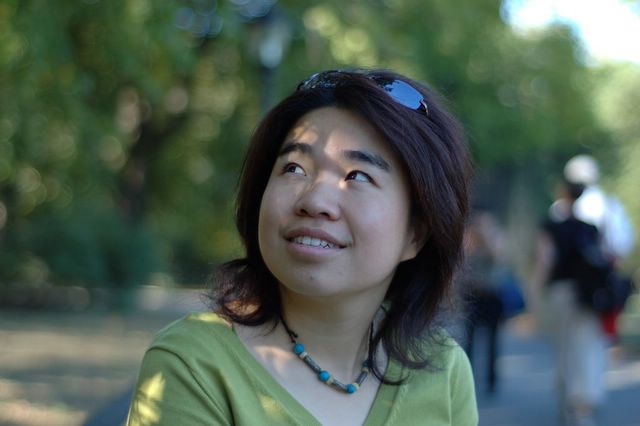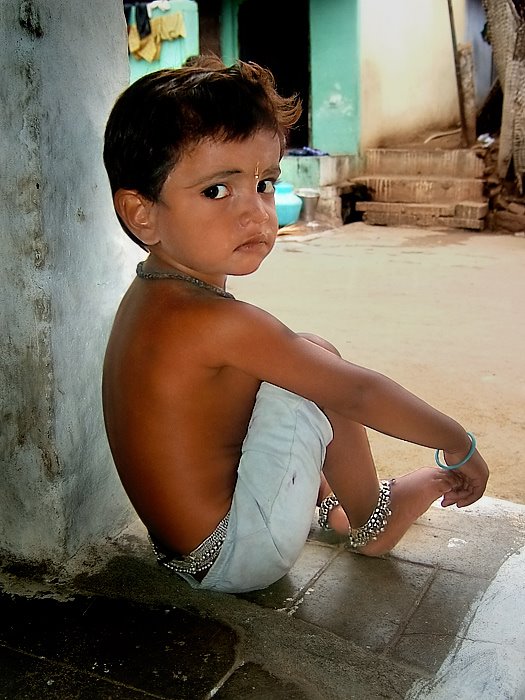
In the beginning of The Painted Veil, there is a sentence “the longest journey in the world is the distance between two people”. The Painted Veil is a 1925 novel by W. Somerset Maugham . It is also a beloved screenplay, which has been adapted into film in 1934, 1957 and 2006. According to wikipedia, “The Painted Veil is a 1934 drama film made by MGM. It was directed by Ryszard Bolesławski and produced by Hunt Stromberg from a screenplay by John Meehan, Salka Viertel, and Edith Fitzgerald, adapted from the 1925 W. Somerset Maugham novel The Painted Veil. The film stars Greta Garbo as Katrin Koerber Fane, Herbert Marshall as Dr. Walter Fane and George Brent as Jack Townsend, with Warner Oland and Jean Hersholt.” “The Seventh Sin is a 1957 film based on the 1925 novel The Painted Veil by W. Somerset Maugham. It was adapted for the screen by Karl Tunberg and drected by Ronald Neame. Vincente Minnelli was uncredited but involved in directing prior to leaving the project. Bill Travers stars as Doctor Walter Carwin and Eleanor Parker plays his wife Carol.”
The most recent adaptation is directed by John Curran and stars Naomi Watts, Edward Norton, and Liev Schreiber. “Kitty Fane (Watts) marries Dr. Walter Fane (Norton) even though she does not really love him. The Fanes move from England to China, where Dr. Fane is stationed in a government lab studying infectious disease. Kitty has an an affair with diplomat Charlie Townsend (Schreiber), and when Walter finds out, he gives her an ultimatum: come with me to the Chinese interior to assist with a cholera epidemic, or be served with divorce papers. When Charlie refuses to leave his wife for Kitty, she chooses to travel with her husband. The Fanes' marriage slowly blossoms into love as Kitty sees what a good man her husband is. She begins to assist at the local orphanage, while Walter tends to the sick and looks for a way to stop the spread of the epidemic despite resistance from the local populace. Kitty learns she is pregnant but is unsure who is the father, yet Walter remains with her. Just as the local cholera problem is resolved, diseased refugees from downriver pour into the area, forcing them to set up a refugee camp outside town. Walter contracts cholera and dies after several days. Kitty returns to London, and five years later runs into Charlie Townsend on the street as she walk with her young son. Kitty rejects his overtures and walks away.”
The story line is quite simple, comparing to the more appealing story such as The Sheltering Sky by Paul Bowles. In many ways, these two films resemble each other: exotic setting, marriage without loves, overwhelmingly and deadly disease. However, they are foundamentally different. The Painted Veil has faith in love and in good human nature. Walter and Kitty were trapped in their marriage, but they were young and energtic and had ability to speak out their love. The cholera epidemic only made them to feel the presence of each other and the strength of each other. W. Somerset Maugham was a romantic writer in essence and he aovided the underlying conflict between the east and west, male and female, the cosmopolitian and rural life. In his world, love was human’s nature and would grow up even in the most harsh environment.

But 24 years later, Paul Bowles broke this kind of romantic fairtale by his painstakingly written work, The Sheltering Sky. The story centers on Port and Kit Moresby, a married couple originally from New York who travel to the North African desert accompanied by their friend Tunner. The journey, initially an attempt by Port and Kit to resolve their marital difficulties, is quickly made fraught by the travelers' ignorance of the dangers that surround them. During their journey, Port and Kit became intimate again but they realized the love between them was impossible. They were doomed to be alone and lonely. After they passionately made love under the bare sky, Port signed that the sky was so heavy. Port died in the journey and Kit wondered in the dessert and became slave of a young man from the dissert. They did not know each other’s language, or culture or even way of making love. They stayed together and did nothing except making love. I try very hard to understand what this means for Kit. Eventually, I come to the conclusion that the story had no faith in love, or put it differently, the author feared human being were too weak to carry on any type of love, physically or emotionally. In name of love, people become intimate and then turn into stranger. The foundamental tragedy of life was a lake of the feeling of grativity, an emotional latitude which was impossible to reach or sustain. Who can boldly claim he or she can love in the same intensity always, against our aging process and the endless suffering of life?
In the book, Bowles wrote: “Because we don't know when we will die, we get to think of life as an inexhaustable well. Yet everything happens only a certain number of times, and a very small number really. How many more times will you remember a certain afternoon of your childhood, some afternoon that is so deeply part of your being that you, that you can't even conceive of your life without it? Perhaps four or five times more, perhaps not even that. How many more times will you watch the full moon rise? Perhaps 20. And yet it all seems limitless.”
Yet another 36 years later, Patrick Süskind wrote his elergy of love under the name Perfume: The Story of a Murderer. He created a unknown legend of 18 century France, a great perfumer of all time, Jean-Baptiste Grenouille, “whose prodigious gift of an incomparable sense of smell and inexplicable lack of personal scent isolates him from society. Obsessed with the rich sensory world he alone inhabits, his single objective in life becomes the preservation of the perfect scent: the skin of young, beautiful virgins”.
In this story, the author did not even bother to create a love story. All the girls in the story were only instruments for Grenouille and their lives were meaningful only for their particularity in odor. In the end of the novel, Grenouille’s lack of smell was depicted as his incapable to love and to be loved. He never got an education for love and in the story, love was not a nature either. He did not have it and he did not know that he did not have it. In Grenouille’s eyes, there was no body, no beauty, and no physical attraction. The girls were purely objectives, not subjectives. In his eyes, each individual degenerated into an odor, a symbol, an element. Love and passion are simple not possible to arise by nature, but have to be induced by external force (perfume in this case). In the last scene of the film, Grenouille used the power of the perfume to control the people, who started to make love openly in the square. The intoxicate smell of the perform transformed into the most exotic sensation, which Grenouille himself was incapable of particiating. His fate is the fate of modern men, the generation who believe in science, in experiment, and belive in their unique right to the world. However, love is already out of their equation, even though people believe otherwsie.
In the Magic Flute, Tamio searches for spiritual love and Papageno tries to find his mate. Deep down in Mozart’s mind, there is the believe in the existence of love and people’s ability to capture their love through their effort and sacrifice. Two hundred years later, we stand in the waste land of emotion and cry for our lack of willingness to love. “And yet it all seems limitless”.


没有评论:
发表评论